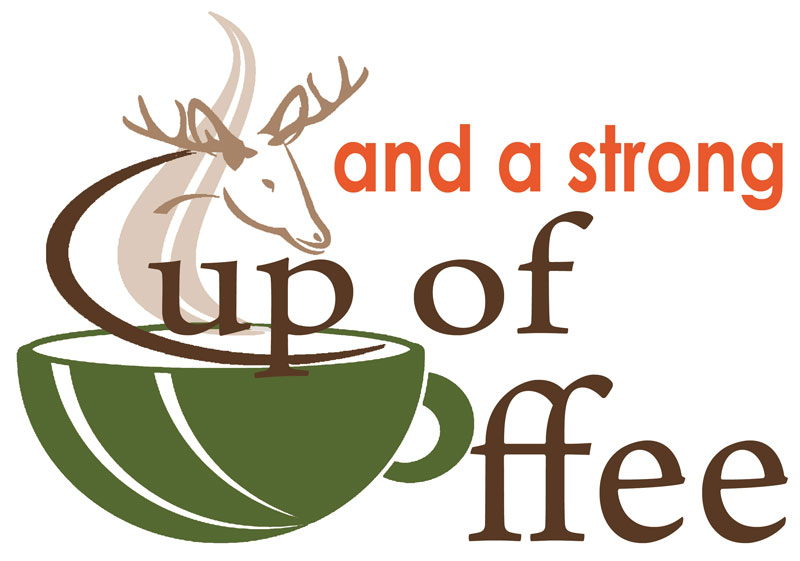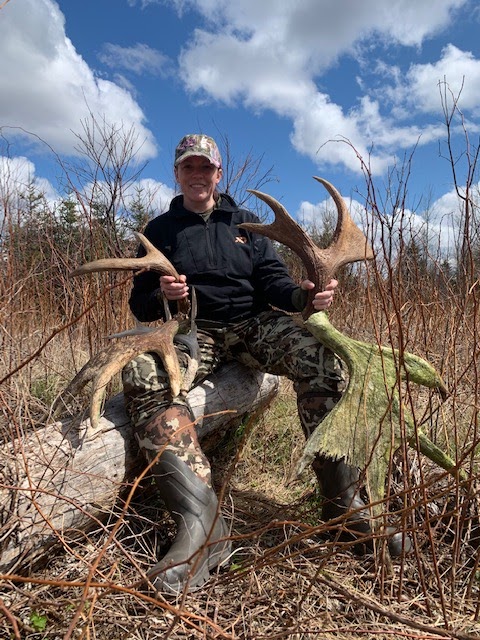Last fall, an email hit my inbox alerting me that I might be hunting deer in an area that Inland Fisheries & Wildlife had flagged as a ‘do not eat’ area because of the high levels of PFAS found in the several deer that biologist had killed in the area. I’ve written before about the severity of PFAS and how devastating it could be.

But, I was hopefully this past week as I heard a report on the BBC about a breakthrough in PFAS research and how scientists have found a way to break down the chemical and reduce the compound to the point that is it no longer ‘forever.”
Breakthrough in PFAS Research
Low-temperature mineralization of perfluorocarboxylic acids published in the journal Science by Dr. Brittany Trang et al. explains how there are weak spots in the molecular bonds between carbon and oxygen that make up the head of the PFAS chemical. By targeting those carbon compounds with dimethyl sulfoxide, Dr. Trang and her team could separate it from the rest of the compound and cause the whole thing to fall apart in about 24 hours. It seems so simple (when explained in laymen’s terms in this New York Times article) but the impact that this could have would be remarkable.
Do we hunt?
As hunters we have always prided ourselves on providing ethically killed, organic meat to our friends and family. No one hangs up a deer and wonders what sort of chemicals are in them. It was surprising and unsettling to have that bubble burst for a lot of us last fall.
It is obviously too soon to know exactly what this new research could mean for hunters and fishermen. Not being worried about the ground water, soil and animals we are eating would be a huge relief for those of us who are concerned about what we are feeding out families and putting into our own bodies.
Here is hoping that this research can be expanded and we start to hear more about how PFAS can be removed and destroyed from our land and water!









0 Comments